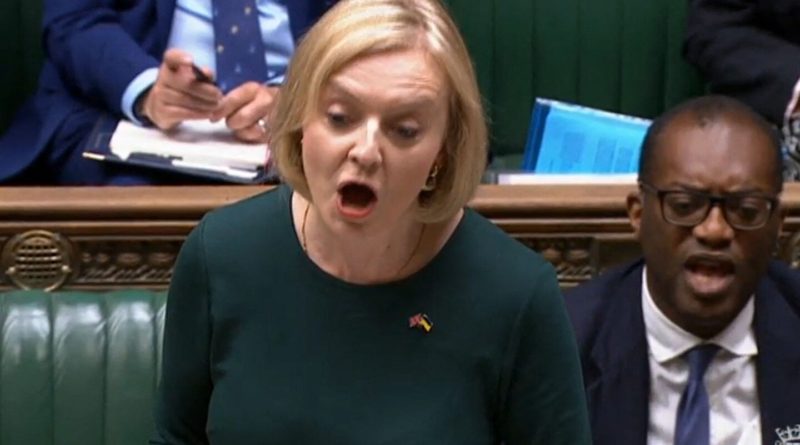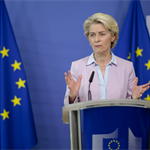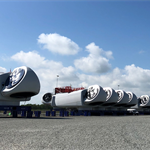U.K. leader Liz Truss pledges to cap soaring household energy bills – The Washington Post
Energy Disrupter

Truss did not say how the government would pay for these costs, which could rise to $150 billion. But most assume the government will borrow the money and pay it back over the years to come.
The leader of the opposition Labour Party, Keir Starmer, rose in the House of Commons to confront Truss, saying these bills will ultimately “will be picked up by the working people.”
Starmer set to shame Truss for letting energy companies treat the British people like “a cash machine.”
The struggle in Britain comes as the European Union considers its own drastic moves to control prices as Russia’s energy war heats up.
The European Commission on Thursday asked its 27 member countries to consider five immediate remedies, including a plan to redistribute some energy producers’ windfall revenue to businesses and households, a price cap on Russian pipeline gas, and mandatory targets for reducing electricity use during peak hours.
The potential plan underscores the widespread sense of alarm across Europe as the fallout from the war continues to weigh on European economies. It comes just days after energy giant Gazprom suspended the flow of gas through a key pipeline — a move initially blamed on technical issues until the Kremlin stepped in to say it was in fact about Western sanctions.
Truss has ruled out imposing a windfall profits tax on energy companies, which stand to reap billions.
Truss said a windfall tax “would undermine the national interest by discouraging the very investment we need” to produce more energy at home.
Starmer countered that this was nonsense, that energy companies will continue to extract and invest even if some of their “unexpected” windfall is taxed.
And so the debate in the House of Commons clearly laid out the economic battles to come, not only in Britain but Europe, over who shoulders the soaring cost of energy in the coming year.
Like her European counterparts, Truss squarely put most of the blame for energy spikes on Russian President Vladimir Putin and his war in Ukraine.
“Putin is exploiting this situation by weaponizing energy supplies as part of his illegal war in Ukraine,” Truss told the lawmakers.
But Truss also conceded that Britain — and her Conservative Party, which has been in power for 12 years — is partly responsible.
“Energy policy over the last decade has not focused enough on securing supply,” said Truss, pointing out that Britain hasn’t built a new nuclear power plant in 25 years.
“All of this has left us vulnerable,” she said.
She vowed to push forward with construction of nuclear power stations — including faster-to-build smaller plants — and to open up more of the North Sea to more drilling for oil and gas.
Truss also said that Britain should again allow fracking for shale gas, a technique banned in 2019.
“We are taking an approach that is pro-growth, pro-business and pro-investment that is needed for our country’s energy security,” said the prime minister.
Truss said her government maintains committed to its promise to be “net zero” carbon emissions by 2050 to slow future global warming. But she stressed that the Ukraine war has taught a lesson: that the U.K. needs to be more energy independent.
With wind, solar, nuclear and hydrogen, Truss said she wanted to see Britain be a net energy exporter by 2040.
Emily Rauhala in Brussels contributed to this report.
Original Source: https://www.washingtonpost.com/world/2022/09/08/uk-liz-truss-energy-price-cap/















